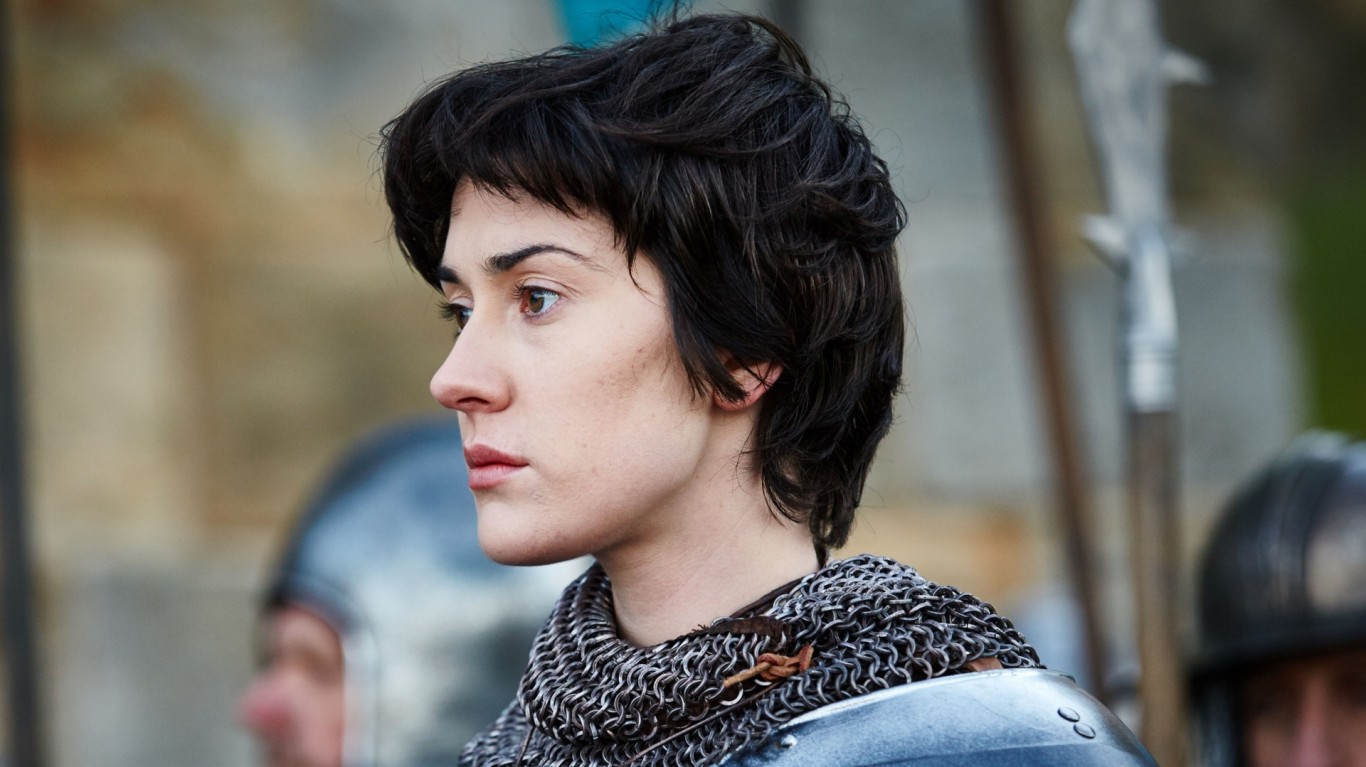
ONE of the strangest things I experienced while on furlough during the pandemic was the odd way that time moved. Lockdown was such a black hole of experience that I honestly can barely remember it, like a blip in time that is now simply … gone.
Thankfully I don’t seem to be the only one having issues with the passage of time, given that the whole United Kingdom seems to be currently about 40 years in the past. Not since Thatcher has Britain been facing such a wave of strike action, along with the threat of rolling power blackouts through winter – and to top it all off, a nice moral panic about the LGBTQ+ community.
I could at least have consoled myself with the thought that Bronski Beat would get themselves back together to provide a synthpop soundtrack for our return to the recent past. If Steve Bronski was still alive, of course.
The 1980s weren’t exactly an easy time to be queer, even though there was also a lot of joy and love too. Thatcher’s government and the media led a crusade against the supposed “promotion” of homosexuality and used it to bolster their support.
In this case “promotion” meant really any acknowledgment that gay men and lesbians existed, which manifested in Section 28 (Section 2A in Scotland) and the consequences of which are still felt today.
Yet there are many similarities between Thatcher’s Conservative campaign against gay men and lesbians in the 80s and today’s venomous tirade against the transgender community – and the latest controversy surrounding the Globe Theatre’s production of I, Joan – a re-imagining of Joan of Arc as non-binary – is another unfortunate example.
It’s not often that I get to put that theatre degree of mine to use, so strap yourselves in.
Here’s the background. A new Globe Theatre production is telling the story of the French saint from a new perspective – and the anti-trans community is furious about it.
Joan of Arc, played by Isobel Thom, will use they/them pronouns throughout the play and, honestly, that’s about all anyone needed to know before kicking off like a cat leaping into the air having mistaken a pickle for a snake, despite it being harmless (unless you happen to be one of the unfortunate few with an aversion to pickles).
In our current climate, it is a provocative portrayal. But theatre often asks challenging questions and explores ideas through stories and scenarios close enough to our own world and society as to act as a mirror on ourselves.
Playful exploration of gender has roots in history as far back as the written word.
Looking to Shakespeare’s time, when women weren’t permitted on stage and the roles were filled instead by men, there was always an awareness of the situation, if not the injustice of it.
Among Shakespeare’s contemporaries, Ben Jonson’s Epicœne, or The Silent Woman played with audience expectations of gender by having a boy playing a woman on stage, revealed to be, in fact, a boy playing a woman as part of a successful scheme to trick a gentleman who hates noise into gifting his nephew an inheritance.
Going back to Shakespeare, for anyone who thinks using they/them pronouns in the singular is some new fad, the playwright used them as such in his own writing. Sorry haters, but we’ve got four centuries of literature on our side.
Was Joan of Arc transgender?
Who knows. Probably not. Only she could say, and the opportunity to ask that question has long since passed. But why does it matter?
I don’t believe the playwright is really claiming that she was.
It’s an interesting perspective to explore regarding a historical figure who was executed in part for wearing men’s clothing and defying the expectations of what a woman was – someone who lived outwith the rigid gender binary of the time.
People who exist outside of male and female genders around the world have often been interpreted to have mystical and spiritual powers. The Hijra, a third gender in Hindu culture, are historically represented as providing blessings. Joan of Arc claimed she was told to wear men’s clothing by her god and his angels.
Why not explore the idea? And if you have a problem with it, well, there are plenty of films, books and paintings of Joan of Arc as a woman to satisfy yourself with, much like there are plenty of representations where Anne Boleyn isn’t a black woman and Battlestar Galactica’s Starbuck and Boomer are still both men.
Really, I suspect the backlash against this new production comes from a much pettier and more trite place than historical accuracy or the supposed erasure of a female historical figure.
It comes from the same place that led an army of anti-trans activists to complain to the Co-op for daring to have a transgender women in a Christmas ad, or to oppose the first trans man to appear on EastEnders.
In reactionary circles, any representation of transgender identities, much like any gay relationship or black or female lead character, is viewed solely as an exercise in political correctness or wokeness – the assumption being that only straight, white, cis, men can grace our screens and stages in a politically neutral manner.
GB News’s take on the Joan of Arc production was that it was in service solely to “inclusivity” rather than a perspective that deserved exploration in its own right. Any inclusion of minority groups is viewed solely as ideological and therefore, any piece of media that acknowledges the existence of transgender people, and recognises their identity, is to be opposed.
To accept it, is to accept that we exist.

.png?w=600)





